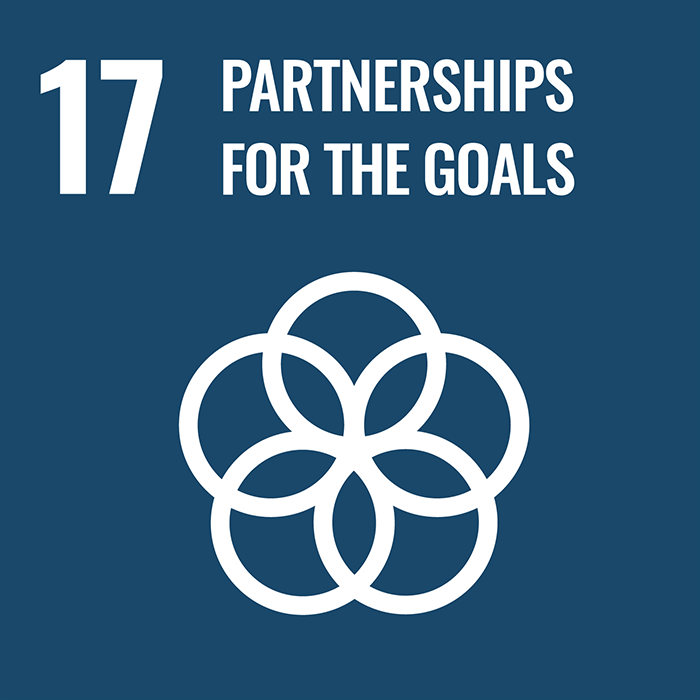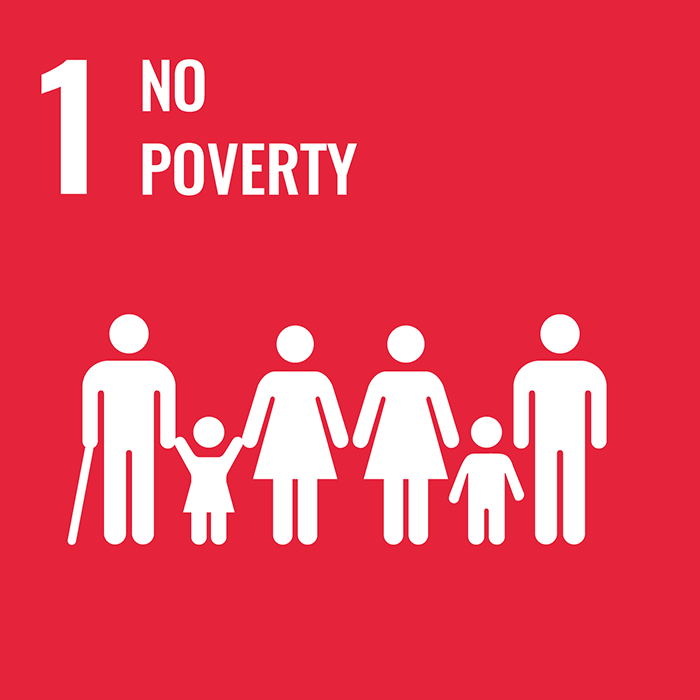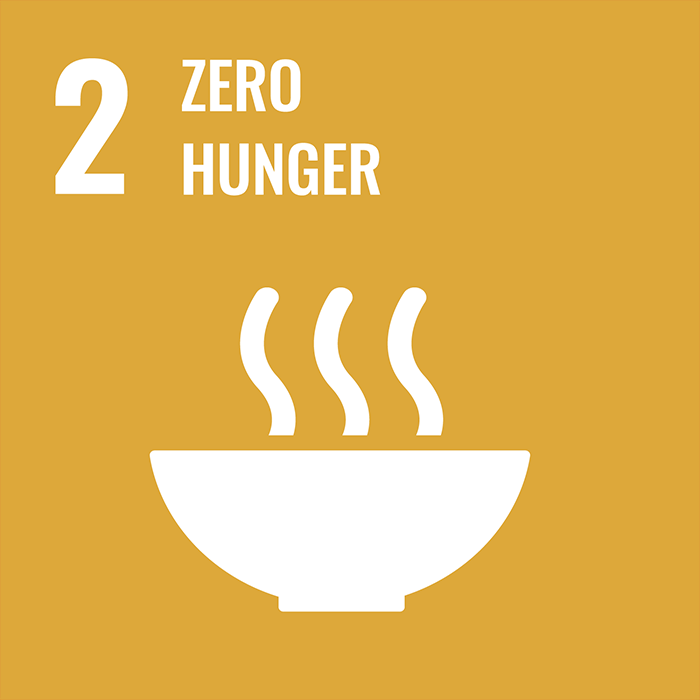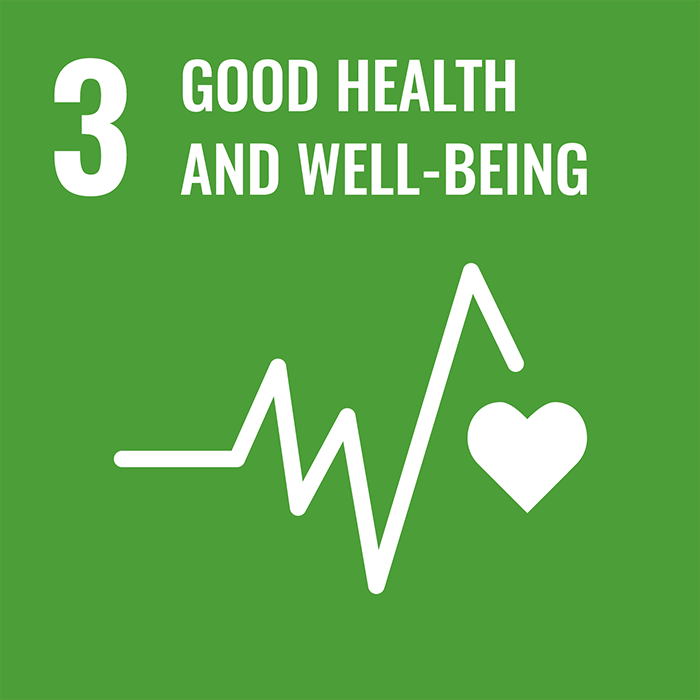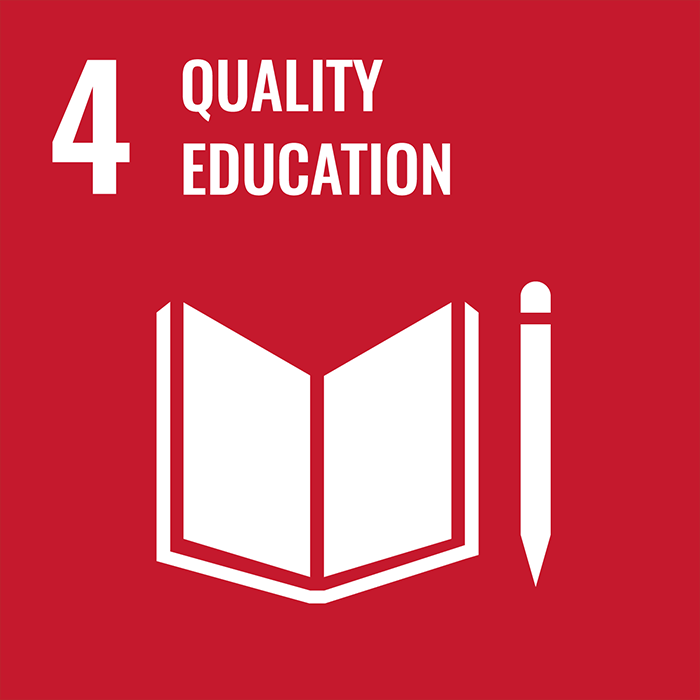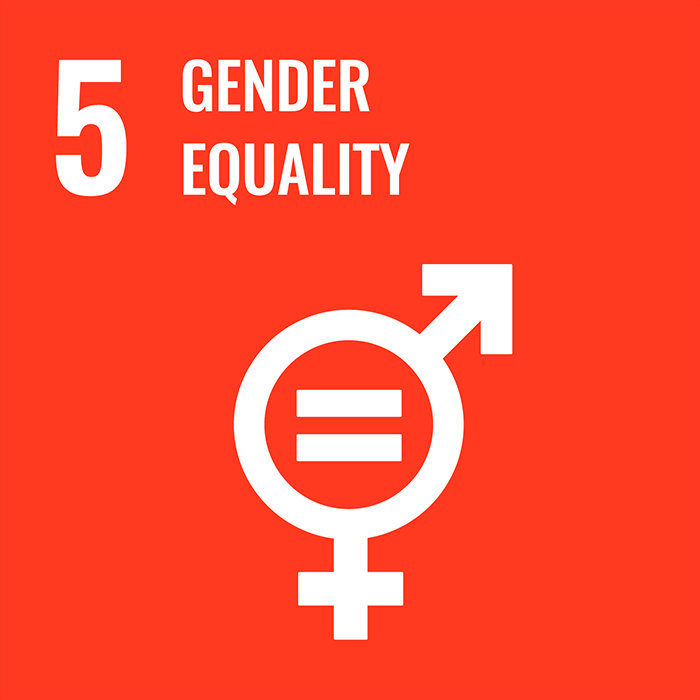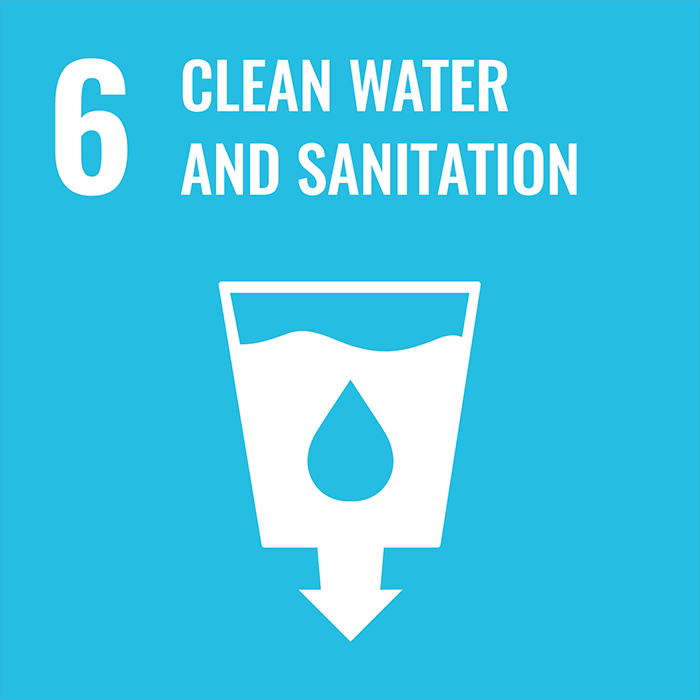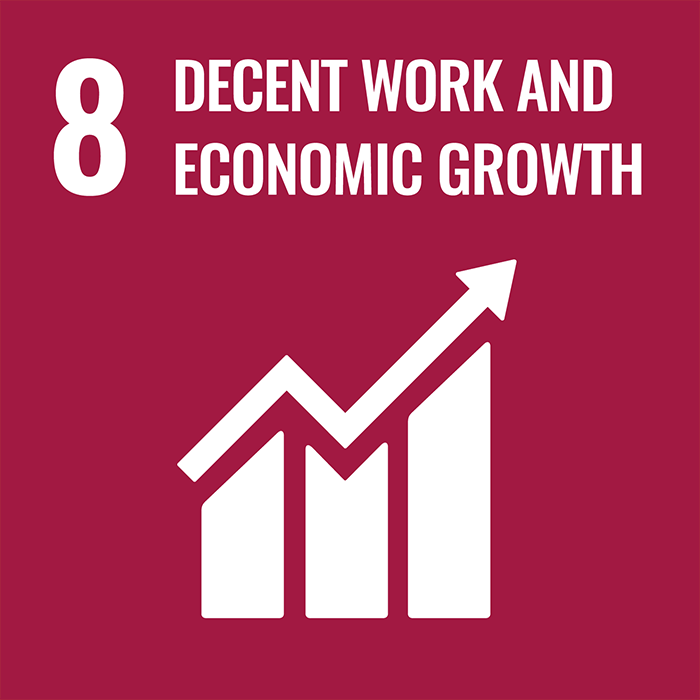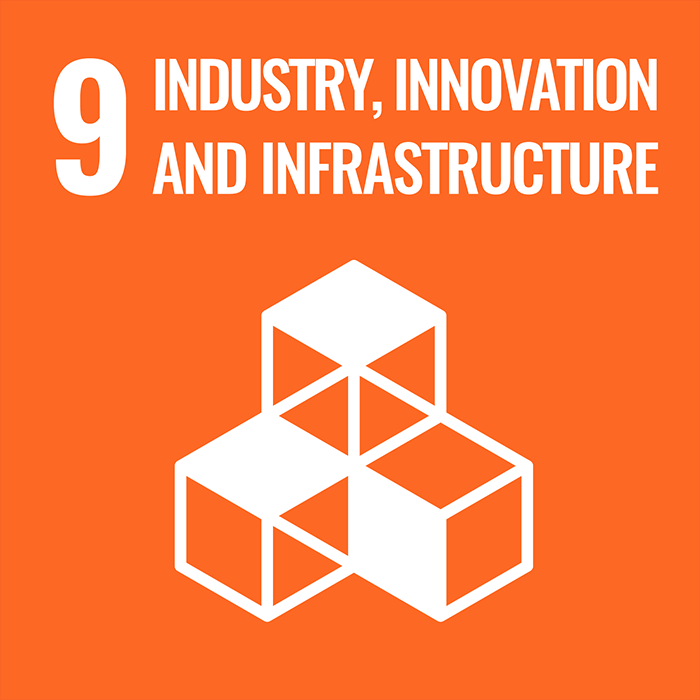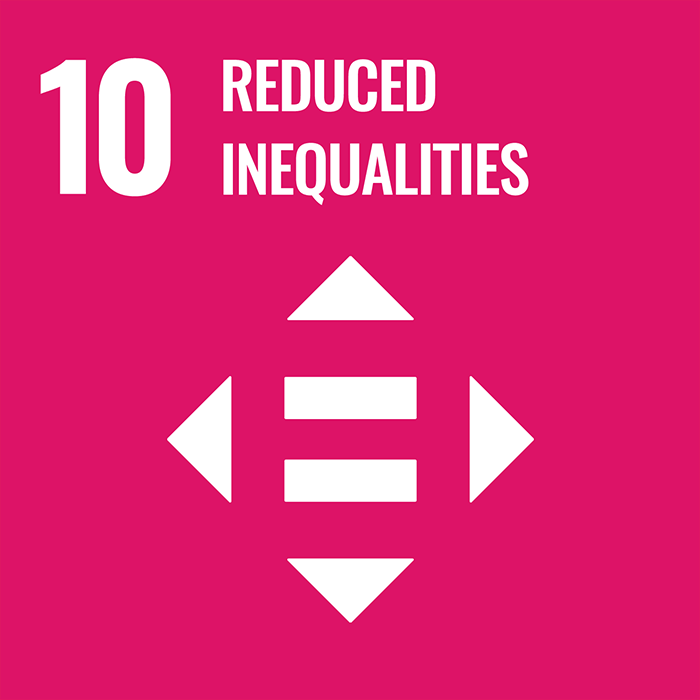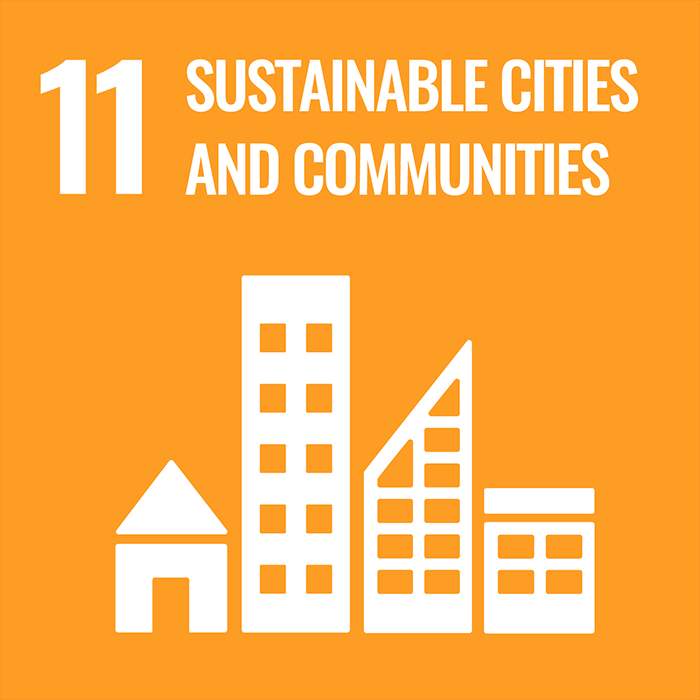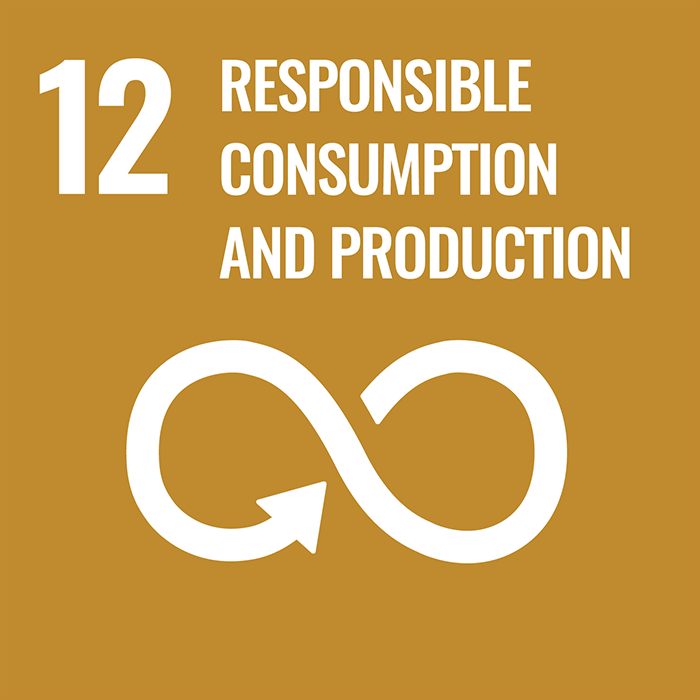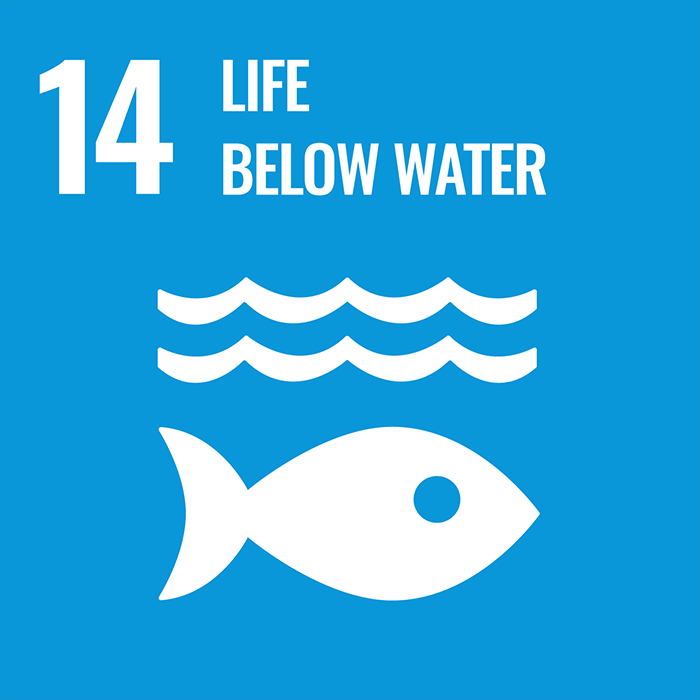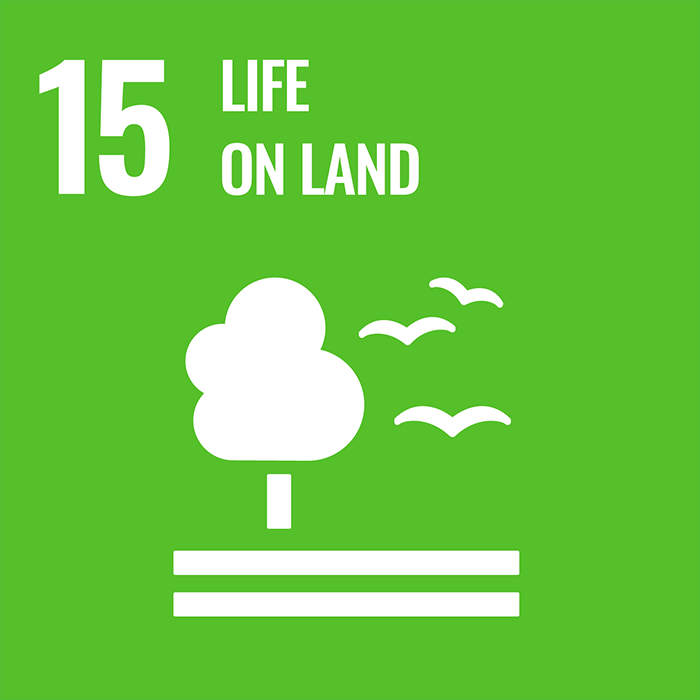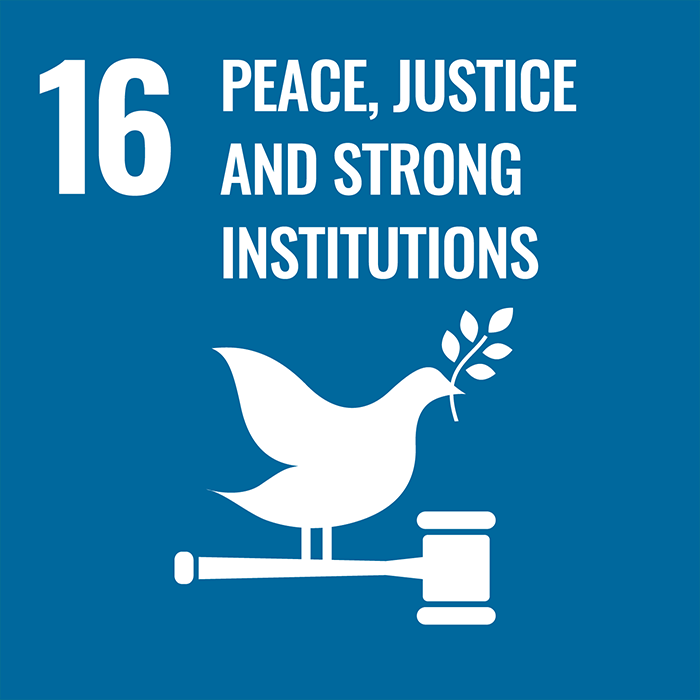Progress towards UN SDG 17: Partnership for the goals
Strengthen the means of implementation and revitalize the global partnership for sustainable development
Our research

Researchers at the University of Glasgow will lead a large international collaboration with partners from Cameroon, Côte D’Ivoire, Malawi and the UK, to better understand why schistosomiasis remains a devastating disease in many parts of Africa, despite more than two decades of mass drug administration.
The DRIVERS project, which has been awarded £8.1m funding from Wellcome, aims to identify the causes of schistosomiasis treatment failure and find evidence-based recommendations to improve disease control.
Schistosomiasis, a neglected tropical disease caused by parasitic worms, affects more than 240 million people worldwide, with the majority living in sub-Saharan Africa. Transmission is most common in impoverished areas where access to clean water and sanitation is limited, forcing communities to use water infected with the parasites for everyday use.
The DRIVERS project includes researchers at the Centre Suisse de Recherches Scientifiques in Côte d’Ivoire, Kamuzu University of Health Sciences and Malawi Liverpool Wellcome Research Programme in Malawi, Institute of Medical Research and Medicinal Plant Studies in Cameroon, and University of Glasgow, University of Surrey, London School of Hygiene and Tropical Medicine, University of Dundee and UnlimitHealth in the UK in collaboration with policymakers and Ministry of Health partners.
Our researchers will lead a large international collaboration to better understand why schistosomiasis remains a devastating disease in many parts of Africa, despite more than two decades of mass drug administration.
Learning & teaching

The University of Glasgow has launched an exciting initiative aimed at transforming the educational experience of our undergraduate students.
Curriculum for Life (C4L) are new elective courses providing students with opportunities to develop themselves as global citizens, creative leaders, change makers and social innovators.
C4L courses are credit-bearing, elective modules designed to encourage students to engage meaningfully in an interdisciplinary cohort, learning, thinking and practicing beyond their core disciplines. Explicitly aligned with the UN’s SDGs, C4L courses focus on real-world challenges, foster future-ready skills and encourage collaboration across colleges and schools at the University of Glasgow.
Find out more
University operations

The University of Glasgow is proud of the wide-ranging international, domestic and local partnerships we continue to build.
The University of Glasgow is an associate member of CIVIS, a multicultural and multilingual European Civic University formed by the alliance of leading higher education institutions across Europe. The CIVIS alliance is one of the 60 Flagship European Universities and is funded by the EU through the European Universities initiative under the ERASMUS+ programme. It brings together 11 research-led and civically engaged universities across Europe.
We are also a founding member of Universitas 21, established in 1997 as a global network of 29 leading research-led universities for the 21st century. This allows us to follow education projects larger than any one university could manage alone and offer a framework for international collaboration.
The University of Glasgow and the University of Sydney have strengthened their ongoing relationship by signing a new Memorandum of Understanding in Glasgow to renew and reaffirm their collaborations across research and education.
We are a founding member of The Guild – a group of 23 of Europe’s leading universities from across 17 countries. The Guild works closely with the European Commission, European and national parliamentarians, officials and others to secure outstanding strategic and practical outcomes that will benefit the myriad communities of Europe.
Find out more
Civic engagement

Scotland’s new strategy to support refugees and people seeking asylum with settling into their community was celebrated with an event at the University of Glasgow. The New Scots Refugee Integration Strategy: Delivery Plan 2024–2026, which is the most comprehensive of its kind worldwide, seeks to ensure people understand their rights, responsibilities and entitlements, and to help New Scots and communities to integrate. Developed by the Scottish Government, Scottish Refugee Council and COSLA, the plan includes commitments to work with employers to help them recruit refugees, to identify ways to improve English language provision and to ensure services are co-ordinated effectively.
The University of Glasgow has signed a MoU) with the Arab American University Palestine (AAUP). The MoU will promote medical collaboration between the two universities, including hosting students from AAUP in Glasgow, to gain experience of clinical practice in the UK. The agreement was signed by Professor Rachel Sandison, Deputy Vice-Chancellor of External Engagement and Vice-Principal of External Relations at the University of Glasgow, and Professor Mohammad Asia, President Assistant for Medical Faculties, and the Dean Faculty of Allied Medical Sciences at AAUP.
AAUP, located in the city of Jenin in the Palestinian West Bank, is building links with a number of UK universities to help develop scientific and medical collaboration.


